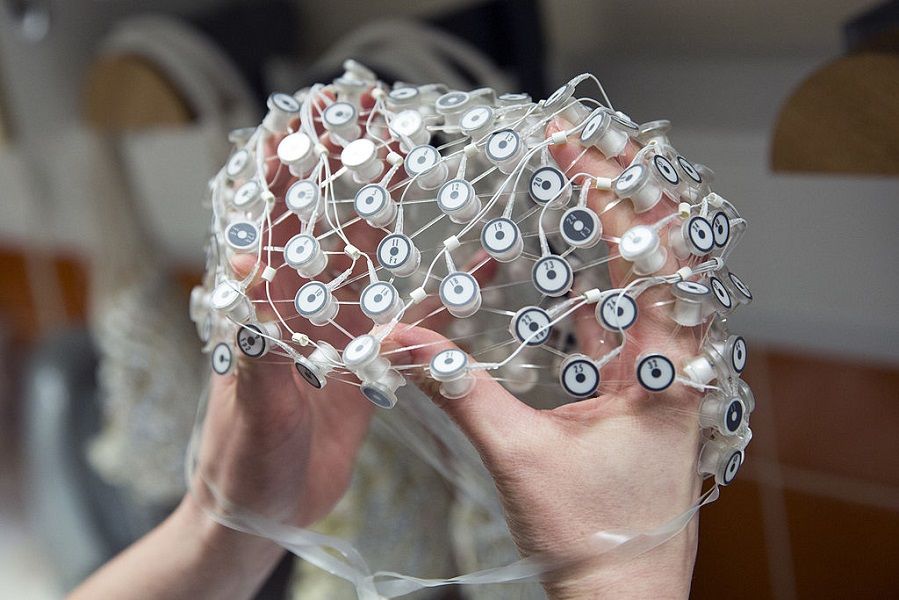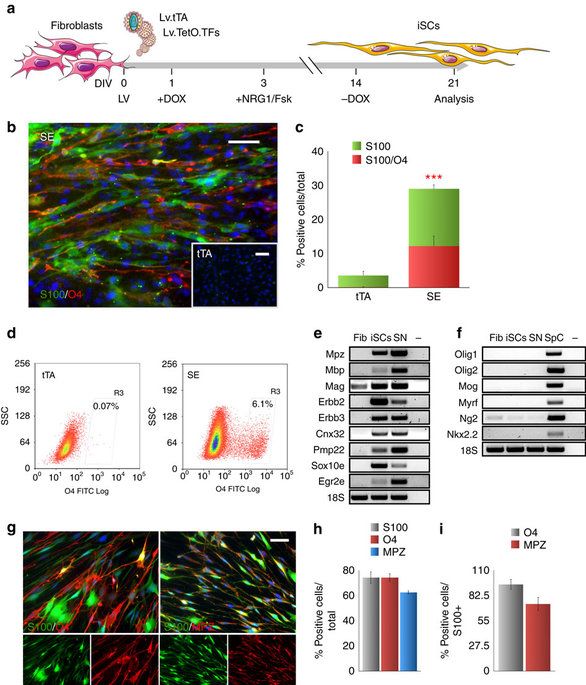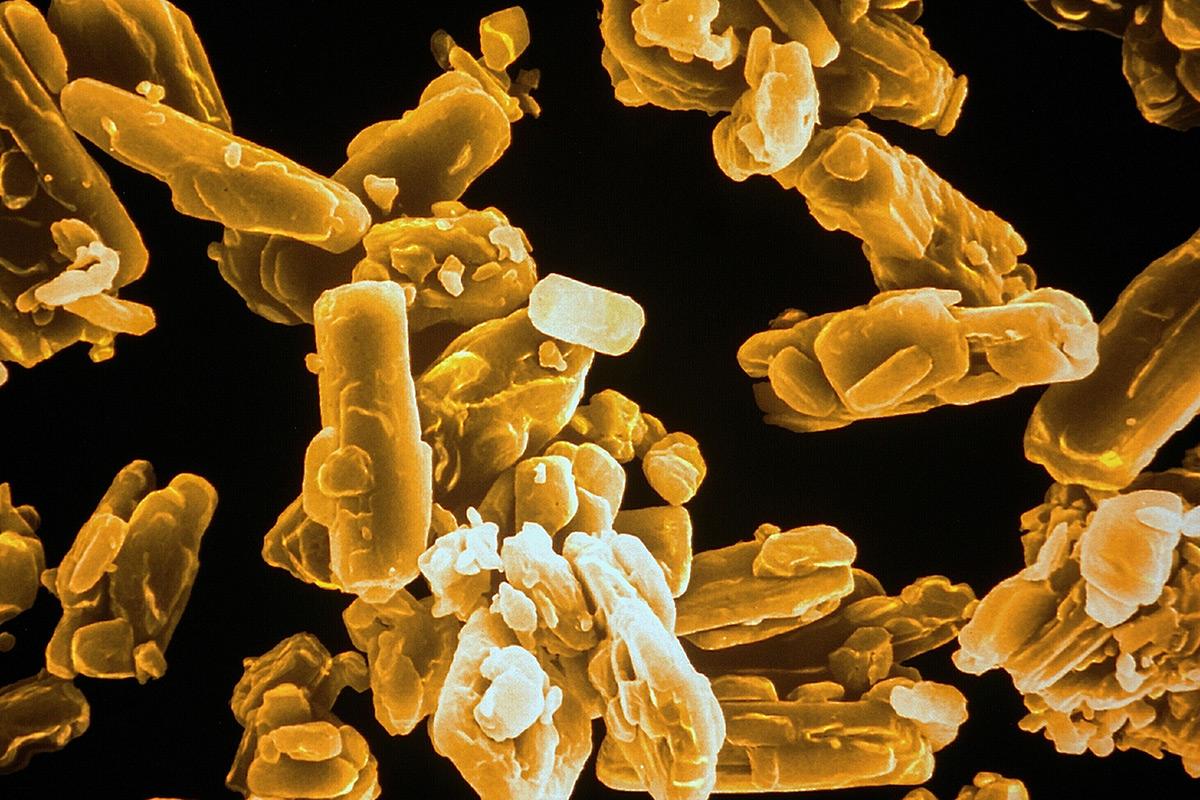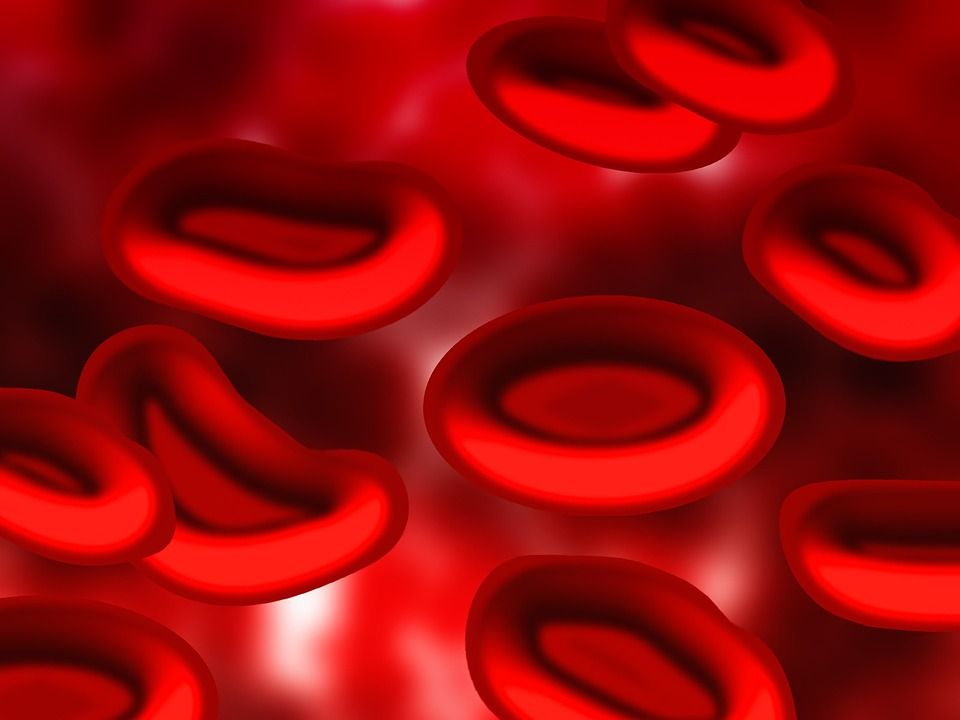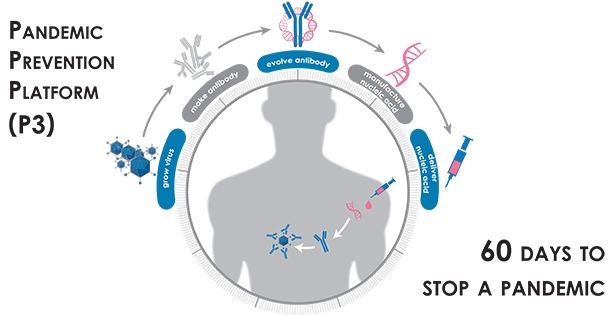Feb 7, 2017
Microsoft helps science, open sources their cloud-based tool for biological research
Posted by Karen Hurst in categories: biotech/medical, computing, quantum physics, science
Off to the races again; hope folks are onboard. Quantum Bio will grow in importance; and you were warned.
Microsoft today announced that they have open sourced Bio Model Analyzer, a cloud-based tool which allows for biologists to model cell interaction and communication. This latest move is one of the many Microsoft Research initiatives which aims to help lab experts use computer science to speed up breakthroughs in cancer research and treatment.
According to the post, the Bio Model Analzyer (BMA) allows for researchers and science to compare the normal processes of healthy cells to the abnormal processes that occur when disease infects the body. Set against more traditional methods, when using computers, researchers can quickly explore many more possibilities than were previously possible. Jasmin Fisher, a Senior researcher in the programming principles and tools group in Microsoft’s Cambridge, U.K explains in the post:


